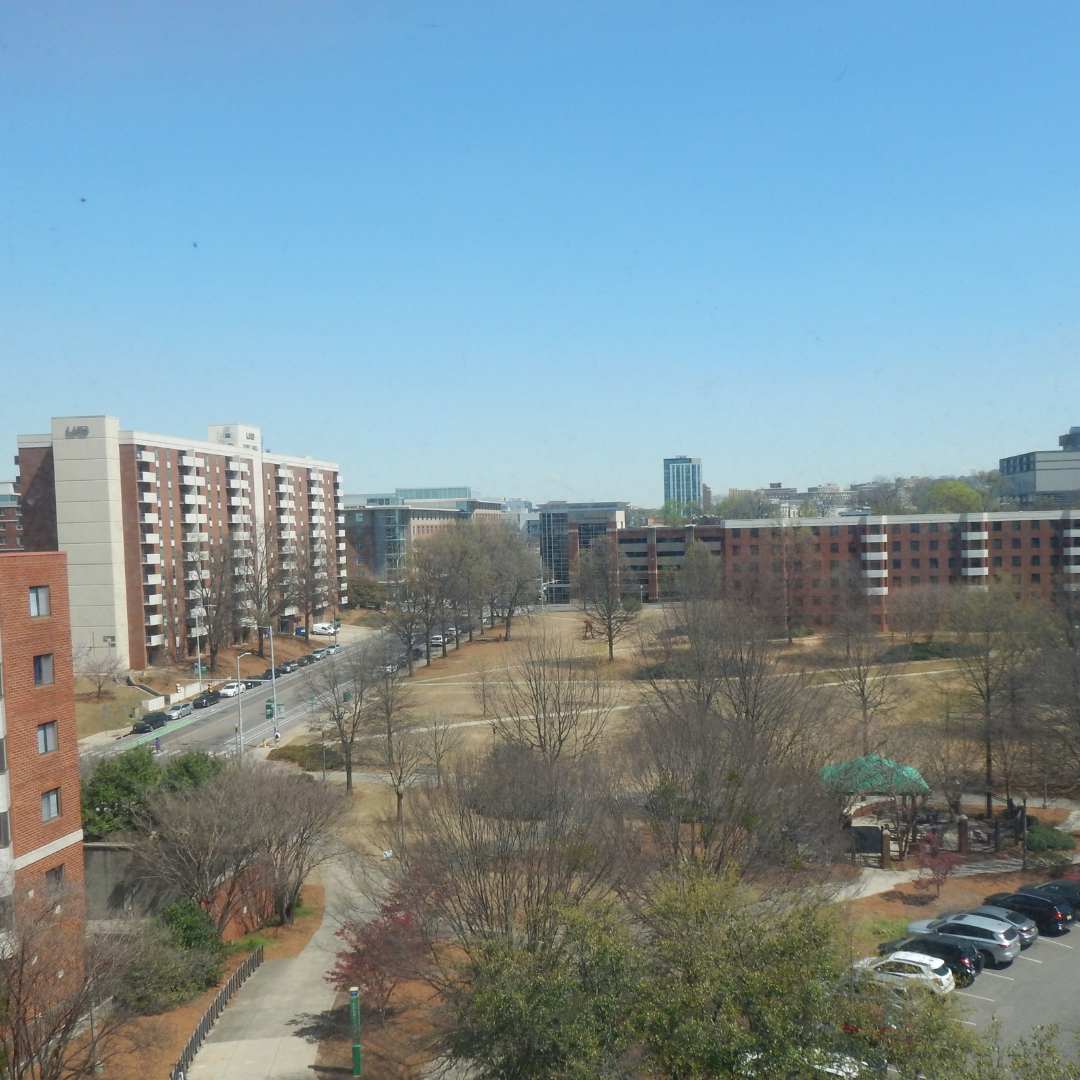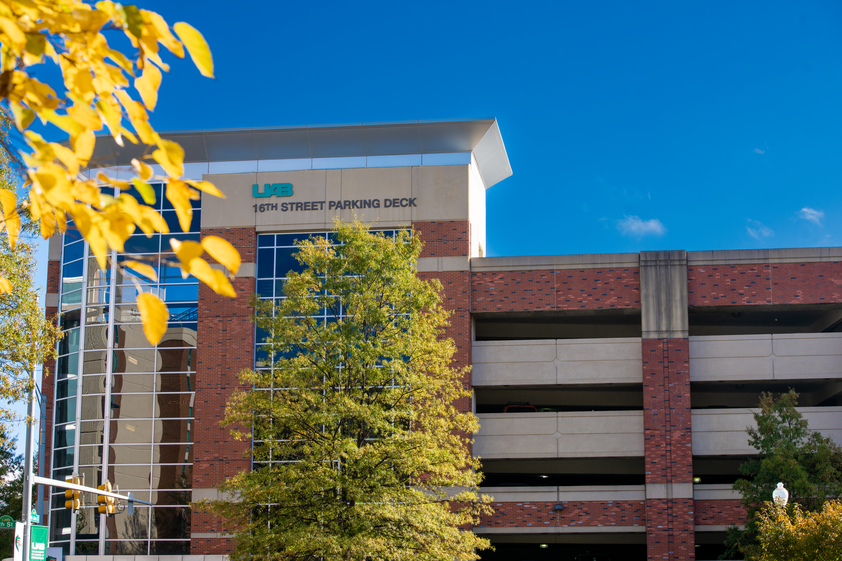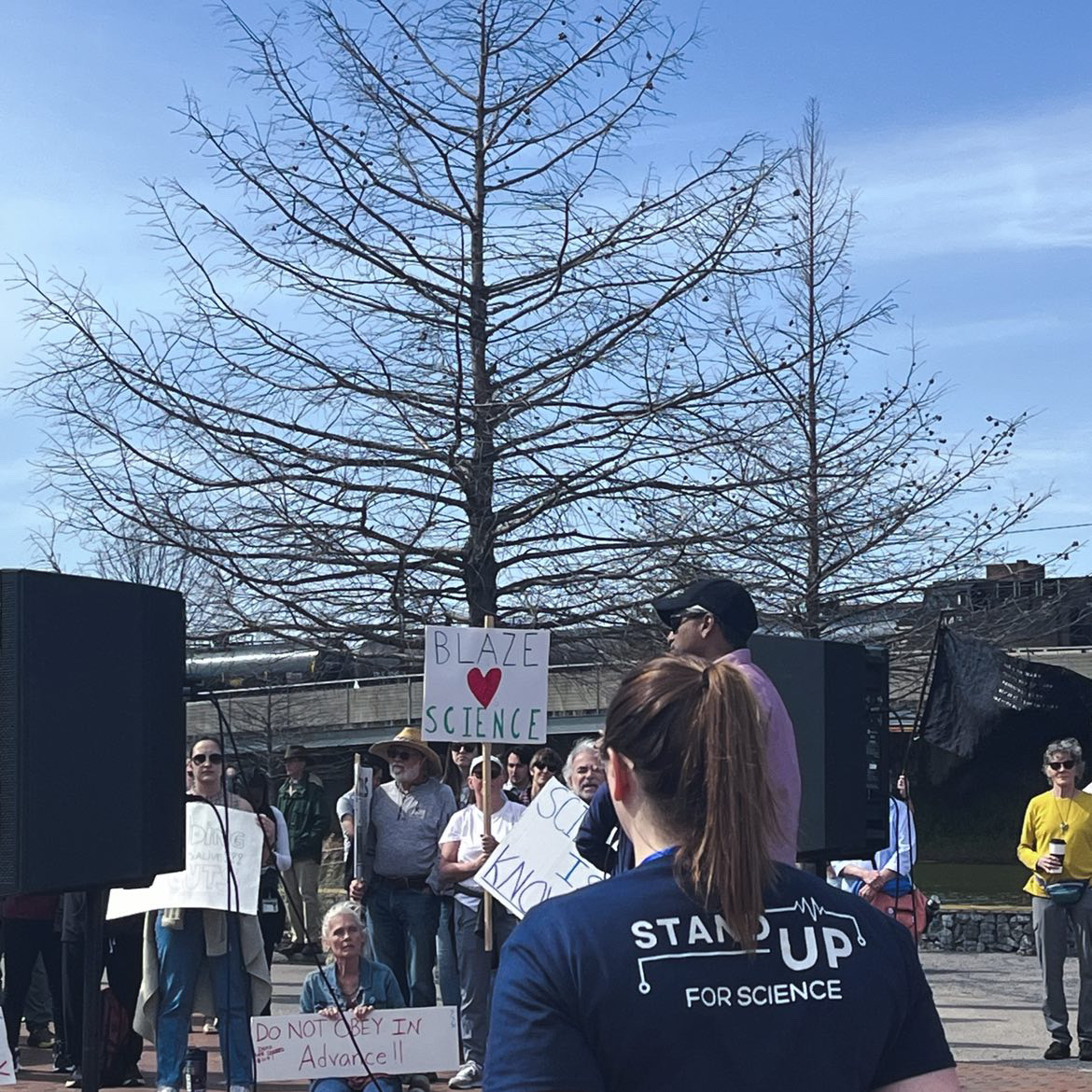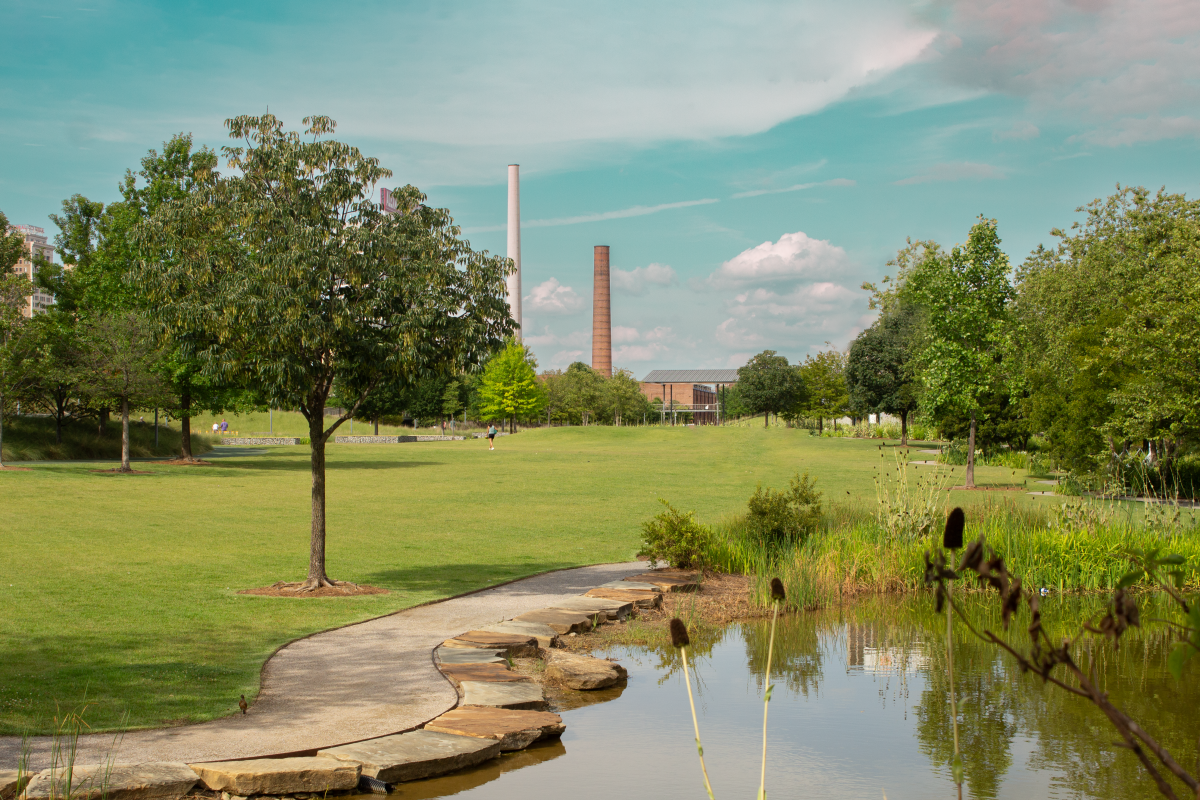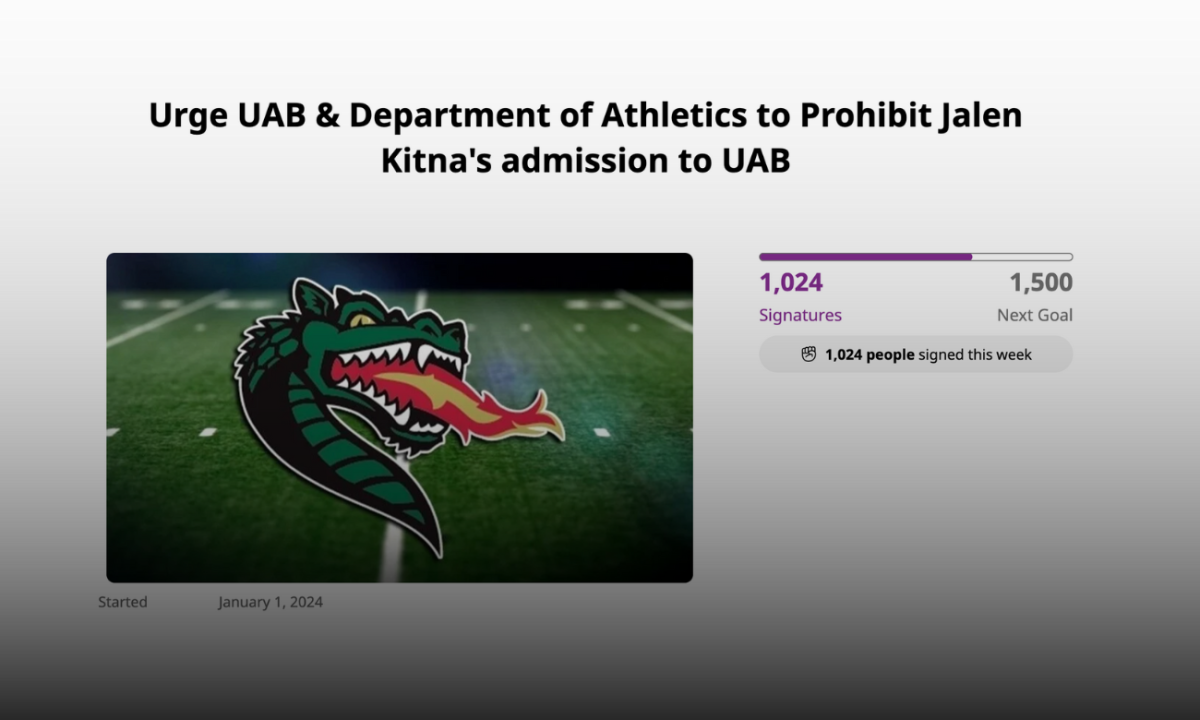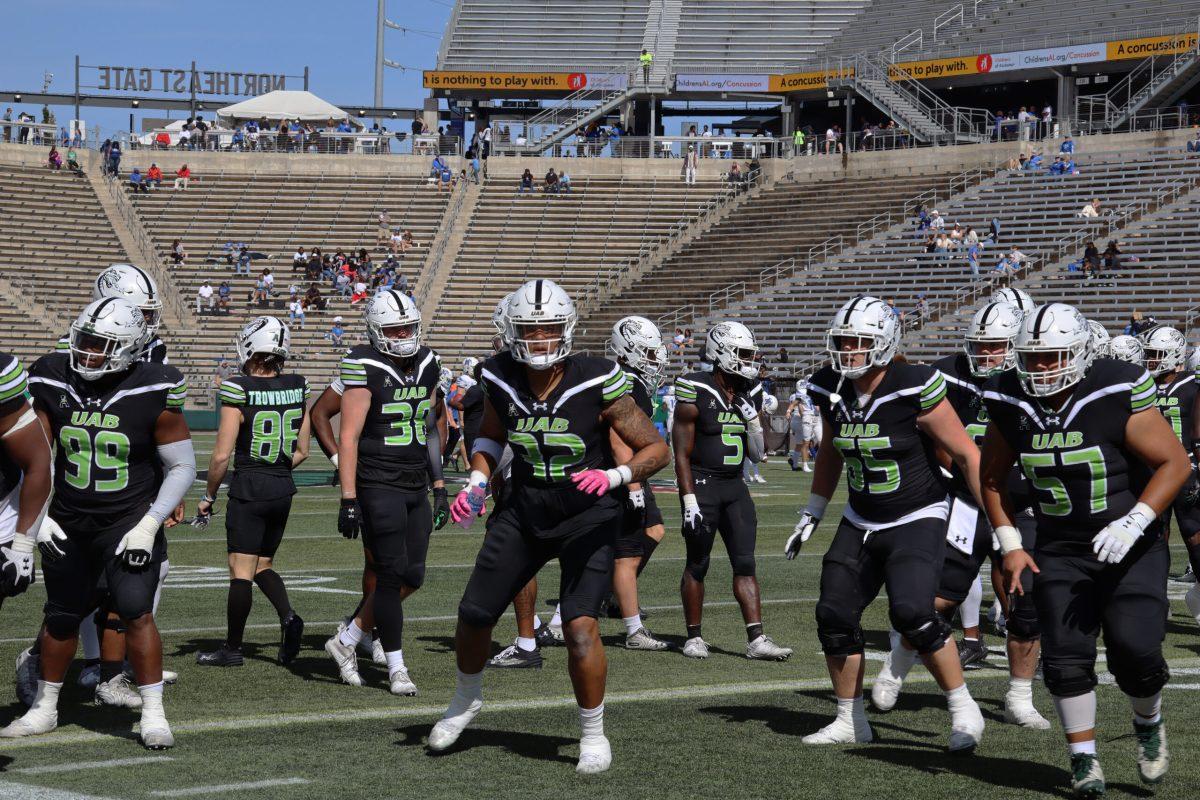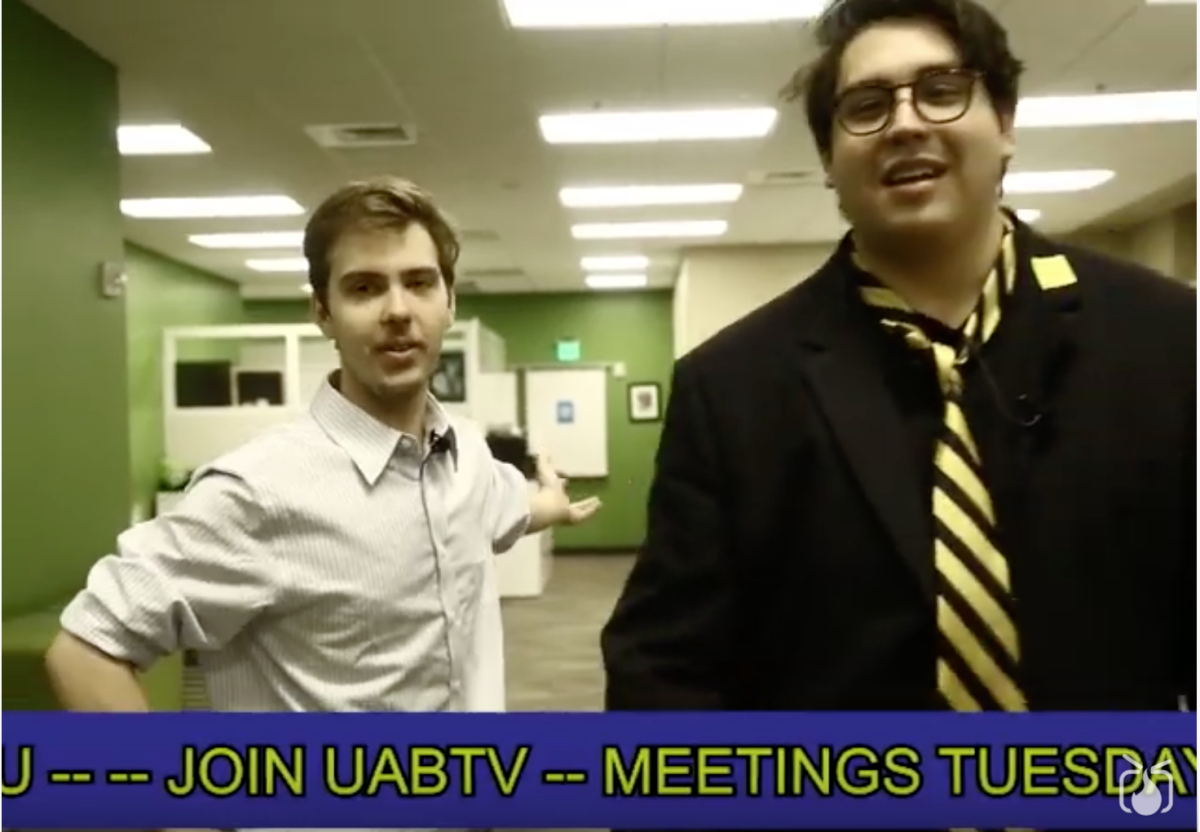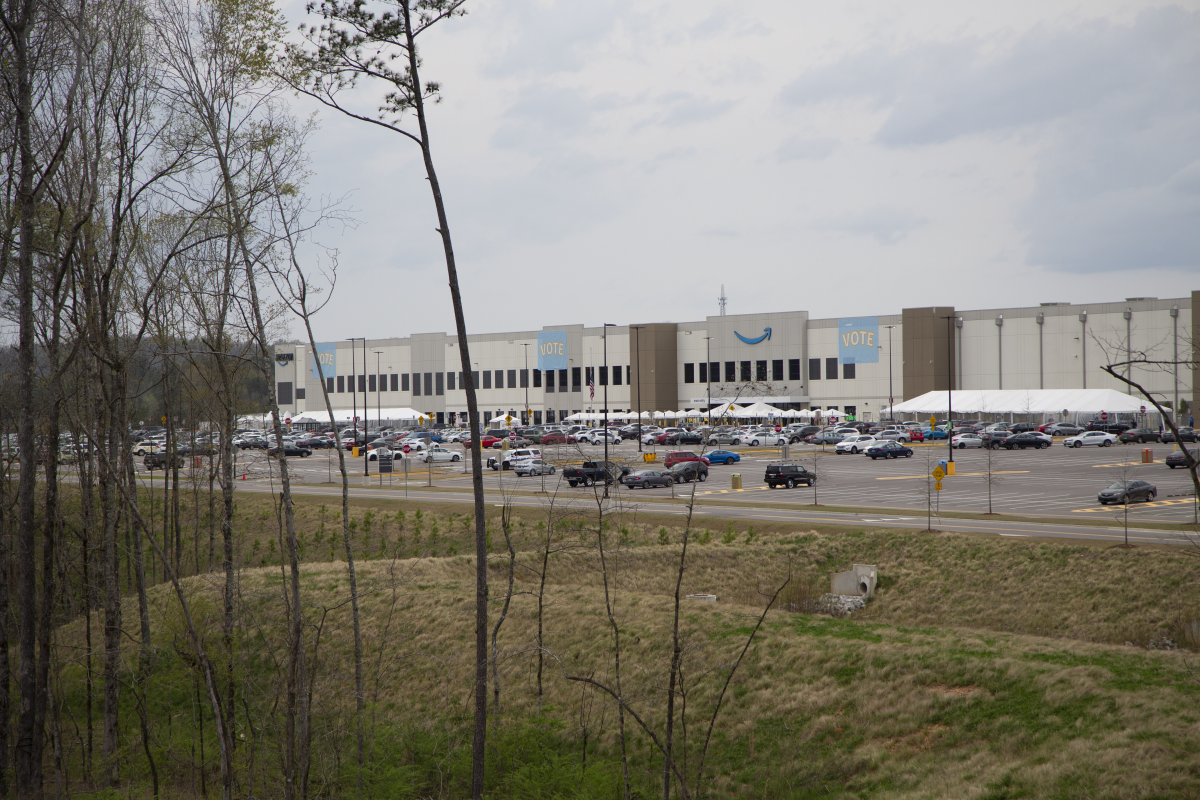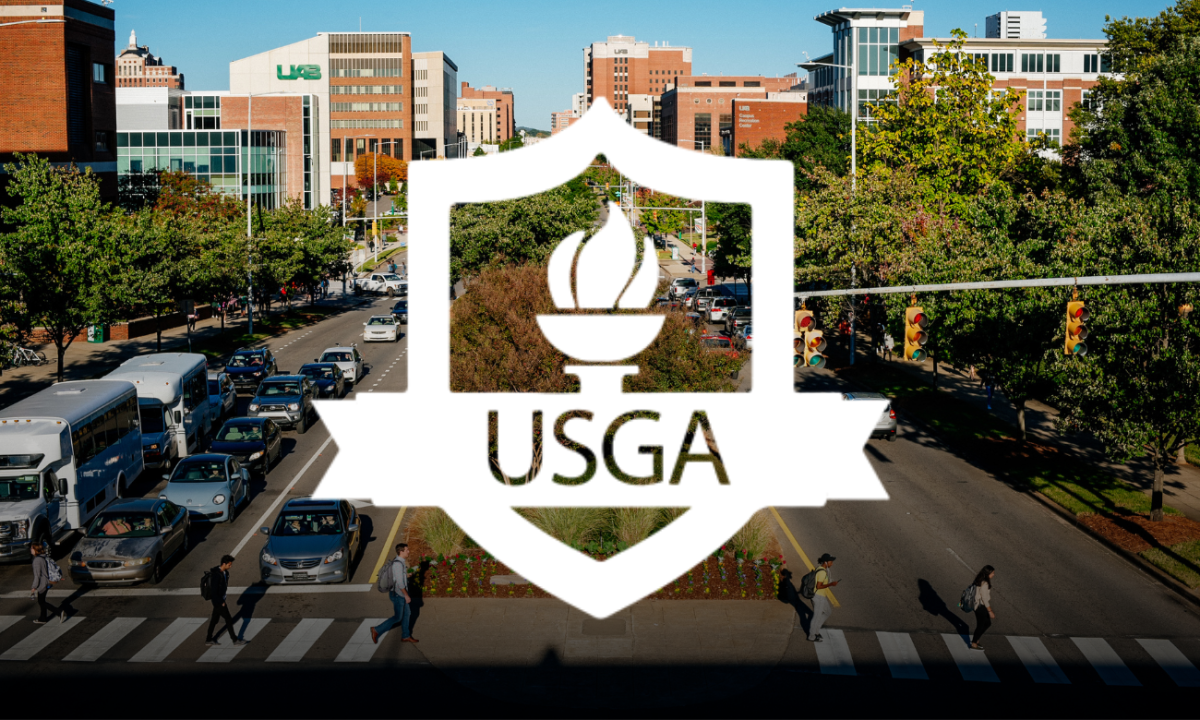by James Goodman
Over the past month and a half, the Amazon fulfillment center in Bessemer has been gaining national attention as its workers’ union efforts are the first ever to go to a vote before the National Labor Relations Board.
The Amazon fulfillment center in Bessemer, Alabama is out of the public’s way. It sits in the woods down a winding road just past the high school. Odds are hardly anyone outside of Bessemer and Birmingham even knew it was there.
The same could be said for Bessemer itself. A city once known for rapid industrialization, Bessemer — like Birmingham — was a beacon of economic growth in the late 19th, early 20th centuries due to its deposits of iron ore, coal, and limestone. In the late 20th century, however, jobs moved elsewhere.
Since then, the city has become one of the poorest in the nation, with a quarter of its residents living in poverty. It has a reputation of being an epicenter for crime and one of the worst places to live in the US. Bessemer played a big part in the civil rights movement, but it has gone largely unnoticed until now.
Political leaders, from President Joe Biden to Senators Bernie Sanders and Elizabeth Warren, have been supporting the union effort — Sanders even going so far as to come to Bessemer to aid in the movement.
The workers of the Bessemer fulfillment center have reported back-breaking working conditions, including 10-hour shifts with one 30-minute break and two 15s.
“You get five minutes an hour to go to the bathroom,” Caleb Hill, a freshman pre-electrical engineering student at UAB and former employee at the Bessemer fulfillment center, said. “The bathrooms are really far apart. To walk to the bathroom might be your whole 5 minutes. They’re super strict about that.”
Amazon had 7.7 serious injury rate per 100 employees in 2019, according to Reveal.
Hill wasn’t working there long before he had to get a back brace from standing all day.
“These people are not robots,” said Michael Foster, a leader and organizer in the effort to unionize the Amazon fulfillment center. “They first tried to speak out with their voices, but nobody heard them, nobody answered them, so they called out for help.”
The pro-union side has gained national support. The votes, which ended March 29th, may not be so clear-cut, however.
Since the union voting began on February 8th, Amazon has been encouraging their employees to vote no. Big blue signs with the words “VOTE” drape down from the outside walls of the fulfillment center. Anti-union signs with phrases such as “Where will your dues go?” are posted on the walls in the warehouse, even in the bathrooms. Employees are required to watch anti-union videos, something that will no longer be legal if the PRO Act becomes law.
Amazon came out strong in the early stages of voting with anti-union efforts, which may have caused many employees to vote in favor of not unionizing. CEO Dave Clark and the Amazon News Twitter account posted tweets directed at Sanders and Warren as the senators worked to support union efforts. This and the anti-union signage may result in a “no” for the union.
“It ultimately comes down to early voting and midway voting,” Michael Foster said, “but I definitely think we’re going to win.”
The votes are still being counted. It will come as no surprise if it is a close contest.
“If it turns out that enough workers vote for a union, it has huge implications all across this country,” said Carolyn Foster, chairperson of the Poor People’s Campaign in Alabama.
Unions act as a bridge to the executives of a company to ensure the workers are heard when they are mistreated or subject to bad and dangerous working conditions. On average, union workers receive higher wages and better benefits.
“Bessemer is like the new Selma. Nobody knew about Selma fifty years ago. What happened in Selma reverberated all over the country and the same thing can happen in Bessemer. It will reverberate across the country where other folks are also fighting to join a union,” said Foster.
She said Amazon knows the massive implications this union can have, something evident from their massive anti-union campaign. The union effort is not the first time anyone has ever tried to unionize at a major technology company, with IBM attempting to unionize in the past and Google employees unionizing this year.
“It’s not so much about the money for the workers,” said Carolyn Foster. “It’s about working conditions. It’s about lack of respect. It’s about the rigorous treatment of the job. It’s about the fact that the workers have almost no human contact. People are being treated like machines.”



